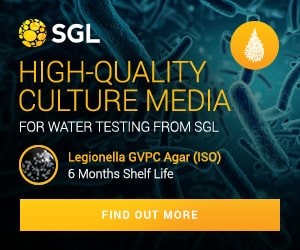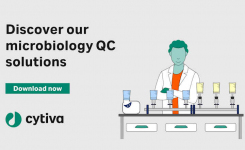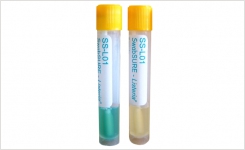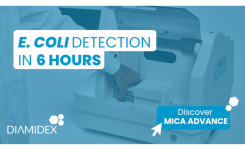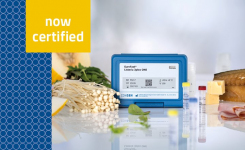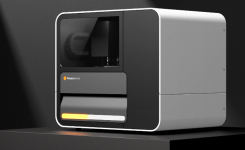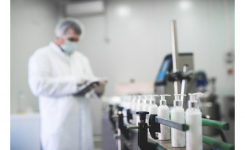Food Testing in Kazakhstan Helped by 14 RABIT Systems
go back to news archives| The Kazakhstan Ministry of Health has bought 14 RABIT systems from microbiology specialists Don Whitley Scientific for food testing in its public health laboratories. Widely accepted as the most versatile yet least expensive of all rapid bacterial detection methods, the Rapid Automated Bacterial lmpedance Technique (RABIT) system can be used in two different ways. The direct technique measures changes in the culture medium's electrical conductance due to the production of highly charged metabolites by target organisms. For species in which this does not occur, an indirect technique can be used to monitor the amount of carbon dioxide generated. |
| Users can specify the growth media required according to their needs, which in the Kazakhstan public health laboratories includes the rapid detection of anaerobes, gram negatives, Salmonella and Campylobacter species using 64-channel systems. The RABIT's modular design provides a flexible screening system that allows expansion of up to 512 channels without the need for additional hardware and software. |
Source : Don Whitley Scientific View Company Information
Posted on February 5, 2007
LATEST MICROBIOLOGY NEWS
MICROBIOLOGY EVENTS
-
Unmasking Endotoxins: A Sample Preparation Strategy to Overcome LER
15 Jul 2025 -
Next-Generation MAT vs. Traditional Pyrogen Tests: Faster, Ethical, and More Reliable
15 Jul 2025 -
LIMS Launchpad Series: Episode #1 - Strategic Planning
17 Jul 2025 -
IAFP 2025
27 Jul 2025 -
ADLM 2025
27 Jul 2025 -
Food Safety Culture Workshop
9 Sep 2025 -
Who are the "Real" Spoilers in Food?
11 Sep 2025 -
CPD accredited course: Level 3 HACCP & Food Safety
15 Sep 2025 -
Culture Eats HACCP for Breakfast (free)
On-demand Webinar -
A3P International Congress 2025
7 Oct 2025


